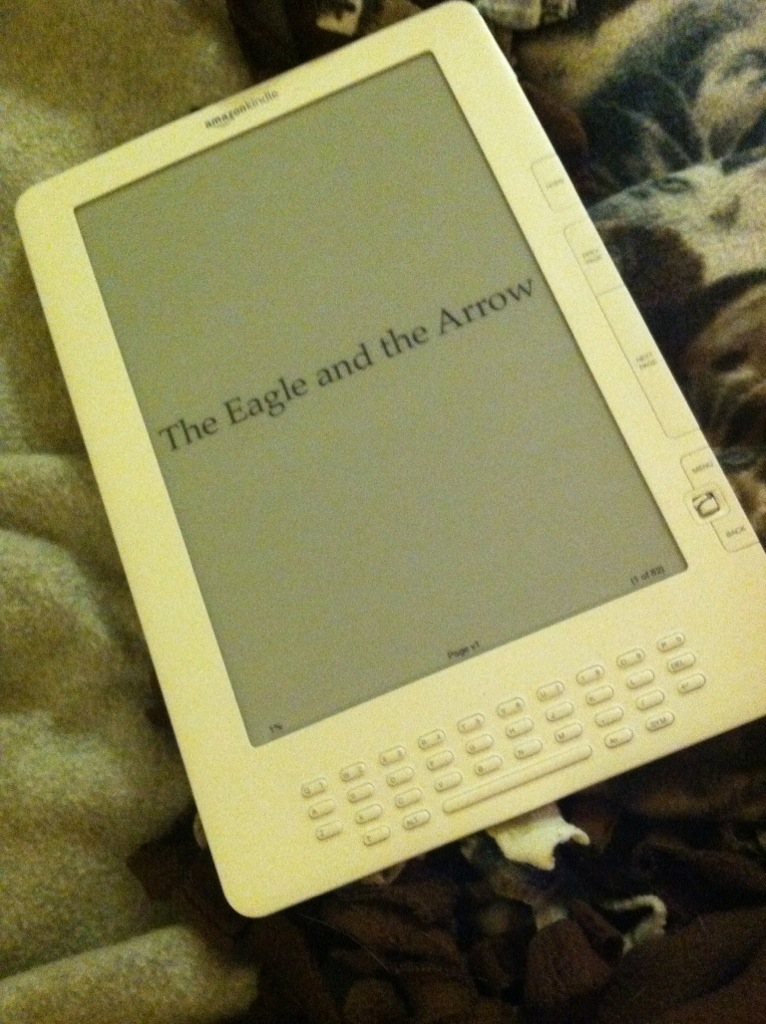
“Excuse me, if you like me, can please you tell everyone how awesome I am? If not, you have my permission to punch me in the face.”
Asking a book blogger to review your novel is a little like approaching a stranger on the street and saying: “Excuse me, if you like me, can please you tell everyone how awesome I am? If not, you have my permission to punch me in the face.”
Okay. Maybe that’s a little melodramatic, but that’s what it feels like to me. And it’s that time again: book review request time.
Every couple of months, I sit down with a spreadsheet and a copy of the Book Reviewer Yellow Pages, take a deep breath, remind myself that it’s too early in the day to start drinking, and start writing emails.
When I put it like that, it doesn’t sound that difficult, but it is. It’s one of my most demanding tasks as an author, both physically and emotionally.
Physically demanding, because I like to send out several requests in a day, but the requests can never be one mass request. That would be disrespectful.
Every blogger has her own review guidelines, and those review guidelines have to be respected. So if I’m sending out 12 emails to 12 bloggers, I’m typing an individualized email to each, trying to follow their instructors to the letter. (Sometimes bloggers will slip something crazy into their guidelines, like a math problem, or a random phrase, just to make sure authors are paying attention and following directions.) Then there are typos. I worry about typos, and when I fret about them, I create more of them, so each email takes a while.
Emotionally demanding, because basically, I’m spending a lot of time and effort to very politely ask a stranger to give me what could be a horrible review.
Asking people for opinions is a gamble. It’s hard to say “Here, I wrote this thing. Please, tell everyone on the Internet what you think of it.”
Part of the reason it’s so difficult is because I start writing the bad review I expect to get in my head as I’m writing my request to the reviewer. I have to be careful to not write disclaimers or apologizes for the work into the request. I also have to be careful to avoid false bravado.
It’s not my favorite task, but my fears are often unjustified. Many of the reviewers who have responded to my requests have been kind (the insane review guidelines are just so that they are not overwhelmed by authors who mass email them) and have given me wonderful reviews.
But here’s the thing: word of mouth is still the best way to sell a book that doesn’t have the publicity of say, Go Set A Watchman. And on the Internet, book blogs are word of mouth. So if you want to be read, requesting reviews from people with an audience in your genres, you must ask for reviews.
And sometimes, you will get punched in the face. (And remember, you gave that person permission to punch you in the face, so don’t complain about it!) But sometimes, the book blogger will turn around and tell everyone within earshot that you are awesome.
photo credit: 40+117 Sucka Punch! via photopin (license)


